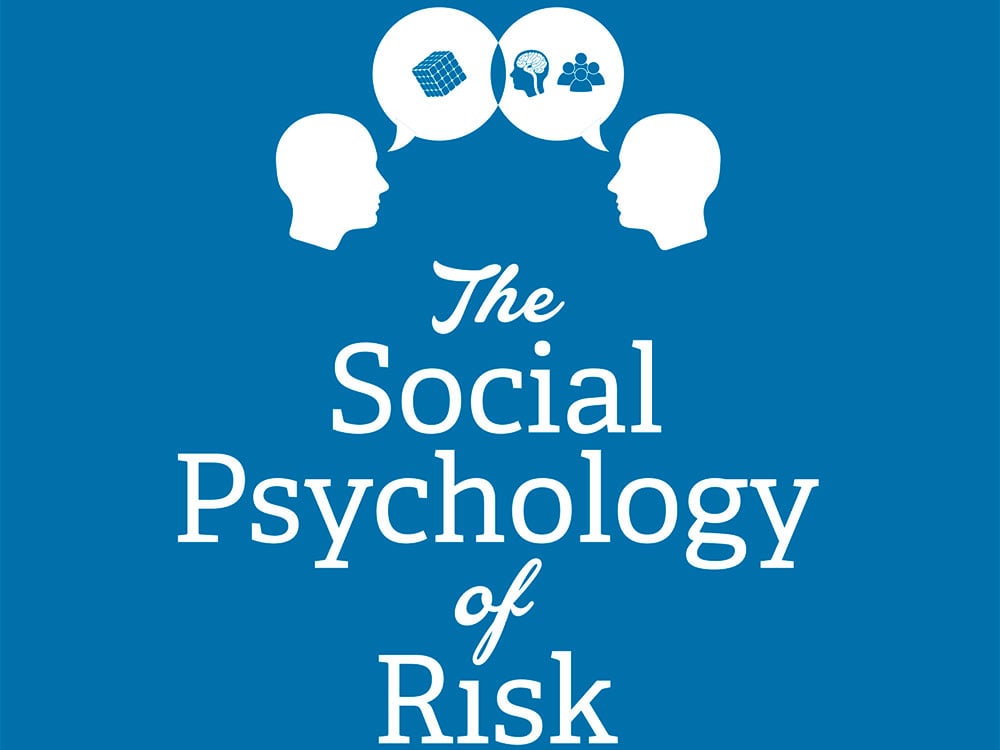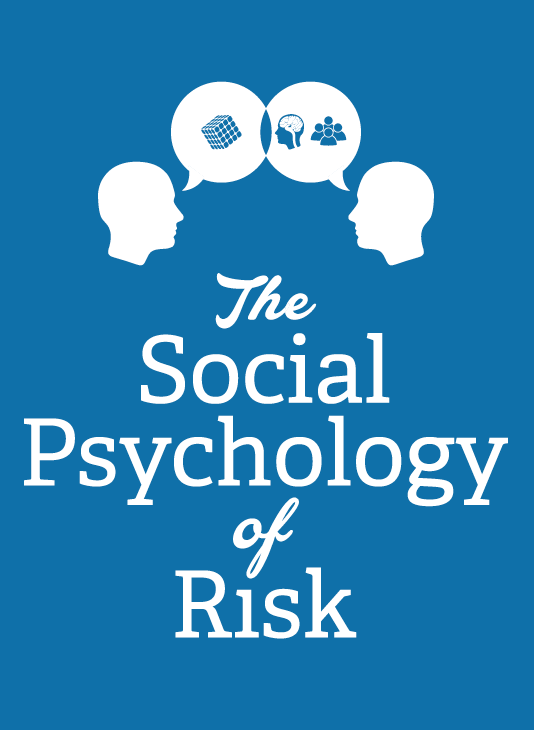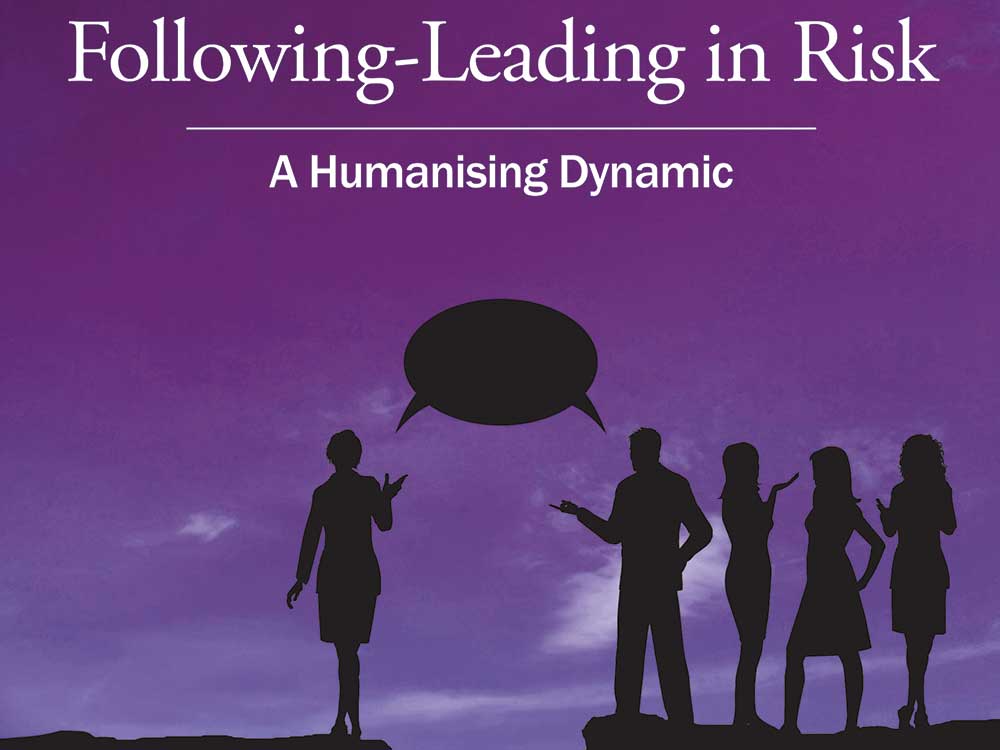
Semiotics and The Social Psychology of Risk Unit 3
3 October 2016
An Introduction to the Social Psychology of Risk Unit 1
5 October 2016Understanding and Investigating Events and Incidents
A module as part of the Social Psychology of Risk Diploma
Introduction
The Human Dymensions SEEK (Social psychology Event Exploration and Knowledge) Program is an event investigation program based on the foundations of a social psychology of risk.
The program is unique as it applies the key principles of the social psychology of risk to the way events are investigated. The Program assumes that events and investigations are conditioned by social arrangements and that social arrangements are a significant determinant on decision making and behaviours.
The SEEK program adds value to already existing incident investigation strategies and complements traditional strategies with adding a strong focus on:
- The bias of the investigator
- The decision making of the participants
- Social arrangements
- Culture of the organisation and,
- Human contributing factors to events
Content
The SEEK unit course content is outlined as follows:
- Knowing self, bias and subjectivity
- Causality, attribution, fundamental attribution error and projection
- The nature of events and incidents
- The human factor – perception, fallibility and blame
- Understanding defensiveness, reaction formation and denial
- Complexity, systems and confusion
- The nature of investigation
- Finding facts, faults and fiction
- The rationale for investigation
- Orthodox investigation models
- Investigation, culture and social psychology
- Workspace, headspace and group space
- Case studies in event and incident investigation eg. Daney Cheney (John Hollands), Canberra Hospital Implosion, Kenoss Contractors Fatality, Beaconsfield Tragedy and Verbrugger disaster
- Effective questioning (Verbal, Spacial, Digital, Discourse Intelligence)
- First on the scene, understanding methodologies
- The problem of assumptions – neither counsellor nor detective
- Who am I, the investigator? Disclosure and confidentiality.
- Investigation iThink tools (iThink quadrant, SWOT mapping, concept mapping)
- Investigation and interview strategies and methods
- Reporting
Expected Outcomes
By the conclusion of the unit participants will:
- Better understand themselves and the role and subjectivity of event and incident investigation.
- Develop skills in causation sifting and understanding causation bias.
- Learn about the foundations of social psychology and its contribution to event and incident investigation
- Study the Danny Cheney case and what happens when investigations are distorted and unprofessional.
- Develop skills in perception and defensiveness detection.
- Learn skills of temperament type and engaging others in investigations.
- Understand how culture impacts on events and investigation.
- Develop effective questioning skills and interviewing techniques that support a social psychological approach to event investigation.
- Be equipped with a range of Human Dymensions tools to better manage event and incident investigations.
- Develop strategies to incorporate social psychological perspectives in report writing.
Format
The nature of the program is premised on the importance of discovery in learning. Therefore, the program includes discovery learning in the format and experiential learning strategy of the program. The program has a variety of input including: experiential learning, case studies, interactive activities, lecture, in-class practice, walks, micro-training exercises and refections.
Deliverables
As part of the SEEK Program participants receive the following tools to assist with the development of event investigation skills, these are:
- Training manual
- Program thumb drive
- A Temperament Indicator
- SEEK Program Tools
- Self Perception Tool
- Temperament Listening Tool
- Risk Maturity Matrix Tool
- Conversation iCue Tool
- Dialogue Dos and Don’ts Tool
- Workspace, Headspace, Group space Tool
- iThink Clock Tool
- HD Quadrant Mapping Matrix
- Your Talk Matters Tool
- SEEK Tool
- Culture Cloud Tool
- Your Talk Matters Tool
- Visual and Spacial Literacy Tool
- CVF Tool
- Learning Styles Tool
- Open Question iCue Tool
- Wicked problems Tool
- Goal Setting Tools
 Loading...
Loading...
You must be logged in to post a review.




Reviews
There are no reviews yet.